The Great Game
£7.80£12.30 (-37%)
For nearly a century the two most powerful nations on earth, Victorian Britain and Tsarist Russia, fought a secret war in the lonely passes and deserts of Central Asia. Those engaged in this shadowy struggle called it ‘The Great Game’, a phrase immortalized by Kipling. When play first began the two rival empires lay nearly 2,000 miles apart. By the end, some Russian outposts were within 20 miles of India. This classic book tells the story of the Great Game through the exploits of the young officers, both British and Russian, who risked their lives playing it. Disguised as holy men or native horse-traders, they mapped secret passes, gathered intelligence and sought the allegiance of powerful khans. Some never returned. The violent repercussions of the Great Game are still convulsing Central Asia today.
Read more


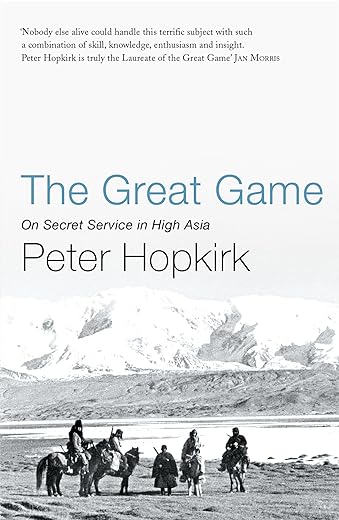
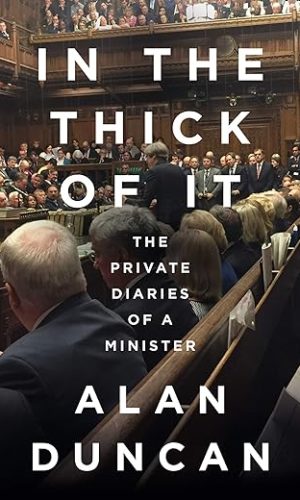
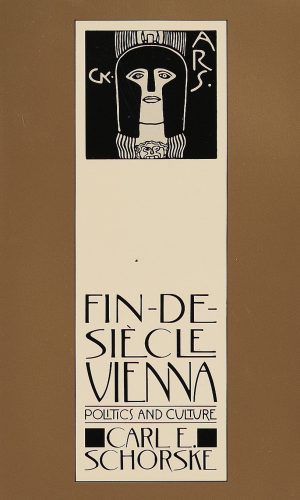
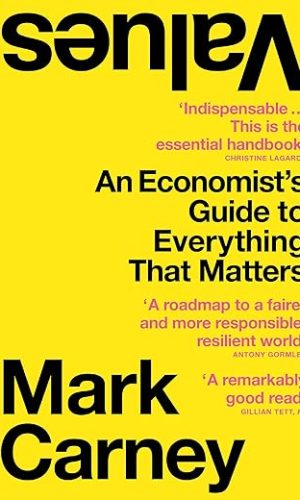
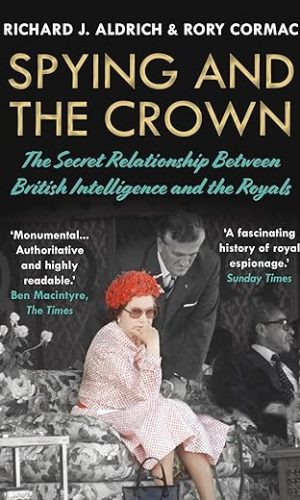
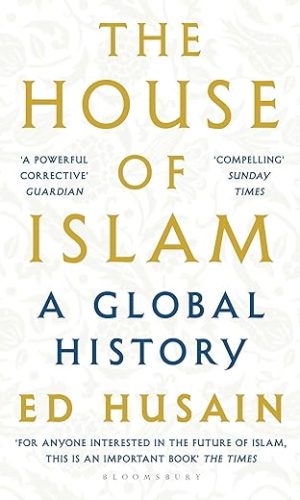
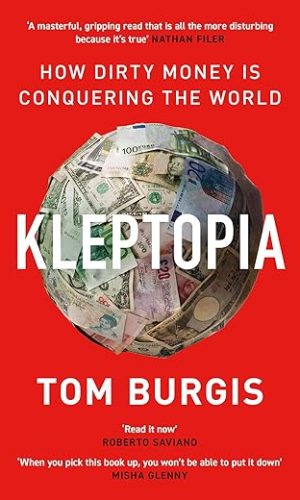
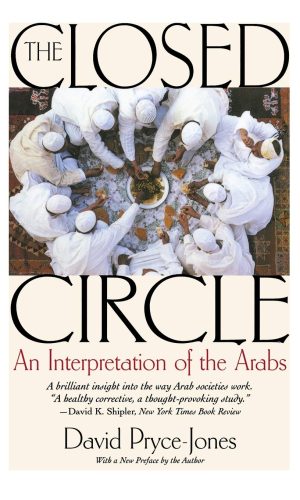

by David S.
This is an exhaustive (and, occasionally, I admit, exhausting) account of the imperialist rivalry for India, Afghanistan, Persia (Iran) and the Central Asia ‘stans’. Disappointing in that it shows the Russian habits of diplomatic duplicity and land-grabbing date back at least 300 years, The Great Game was elevated by the mavericks and heroes on both sides whose adventures pepper the book. This is the author’s lifelong passion and his deep knowledge and sense of perspective lift it well above a Boy’s Own yarn, echoes of Kipling and ‘Kim’ notwithstanding. While it was written some time ago, recent events in Ukraine – on the fringe of Great Game territory – show that, while history appears to move on, leopards don’t change their spots. Enthralling.
by Gs-trentham
“There were peaches, plums, apricots, pears, apples, quinces, cherries, walnuts, mulberries pomegranates and vines all growing in one garden. There were also nightingales, blackbirds, thrushes and doves … and chattering magpies on almost every tree.” Thus Alexander Burnes, a young British subaltern, likening the city he had entered for the first time to paradise. The date was April 1832. The city was Kabul.
Peter Hopkirk’s masterly history goes a long way to explaining how the capital of Afghanistan and its surroundings have been transformed into the bloody battleground which features so often in today’s television news. The story covers most of the 19th Century, when Russia was flexing its muscles to extend its eastern boundaries while India – at the outset run by a commercial enterprise, the East India Company, with its own army – feared an invasion from the north. Persia and Turkey had their own interests to protect and possibly to advance. Between the territories of the great powers lay a virtually unmapped, mountainous region populated by warring khanates.
Here are the men who shaped the conflict, sometimes in disguise, always in danger, often wielding swords and bayonets. They were principally British and Russian with a supporting cast of Cossacks, Gurkhas, Sikhs, Afghans, Turcomans and Kashmiris. Treachery, bluff and double bluff were the cards in the Great Game. Sieges and battles, vividly described, make for enthralling reading; heroes emerge whose deeds earned many a Victoria Cross. There were occasions when officers from the two sides could share a meal on a mountainside and drink a toast to the possibility that their next meeting might be as deadly enemies. By the end the dead numbered not tens but hundreds of thousands.
Not the least achievement of this fine book is to present much of the struggle in terms of the brave men from both sides who took leading roles, but also to preserve a clear view of the fluctuating political and diplomatic exchanges between London, Calcutta and Simla, and St Petersburg. Successive Tsars come and go, the British Parliament is itself a battleground between Tories and Liberals.
There are lessons here in abundance, not least to leave one dismayed by what has become of Kabul between 1832 and 2009.
by david canford
This book tells of the struggle during the nineteenth century between Russia and Britain to dominate in Central Asia, the British being concerned that if the Russians did they would be in a good position to invade India. It will take you to exotic locations such as Khiva and Bhokara, Persia and Afghanistan, and Tibet. Daring characters scout out areas which were then ‘off the map’ and where the probability of death was high, a mixture of political intrigue and adventure. A good read if you are interested in that era and region of the world.
by Albert
524 pages of sometimes informative text and sometimes comical descriptions that border on Boys Own ‘Ripping Yarns’. So, on the one hand we are given insight into the terrain and disparate fiefdoms of central Asia bordering on Afghanistan, as well as the context ‘The Great Game’ was conducted in, but on the other we have a myriad of tales of ‘derring-do’. The problem is that while there is an extensive bibliography none of it (apart from the mention of Kaye’s 1874 text) is referenced. This means that the numerous tales of young, heroic ‘subalterns’ and other army types who are brilliant, educated at Rugby (etc.) and can speak numerous languages, sound more like adventure stories than academic texts. And when we get quotes like ‘it was said that his men wept when he had to leave’ about a Russian officer in the great game, it is hard not to ask who said it and where. A constant stream of these kinds of un-referenced comments leads to doubt as to what is real and what is included to make the adventure flow like a novel.
We are told about the disputes between the ruling elites of both Britain and Russia over whether each side really offered an immediate threat to their spheres of influence, power and security, but apart from that there is very little analysis. It seems that most military history takes it as read that war and the threat of war is the basis for ‘real’ politics and that all focus should be on ‘great men’, so major parts of the text dwell on this. As such there is very little on the activities of the minor players in the great game that Kipling wrote about in Kim and there is no questioning at all about the point of it all in the first place, which some would argue was the protection of the source of wealth of the elite great men with financial interests in British India and the greed of their Russian equivalent.
I tried to enjoy it, but found it very shallow and descriptive with nothing to stimulate the thought processes and no references whatsoever.
Since then I have read Afghanistan, a Cultural and Political History by T Barfield which has no stories of derring-do, but is much more enlightening and analytical, albeit with a couple of shortcomings.